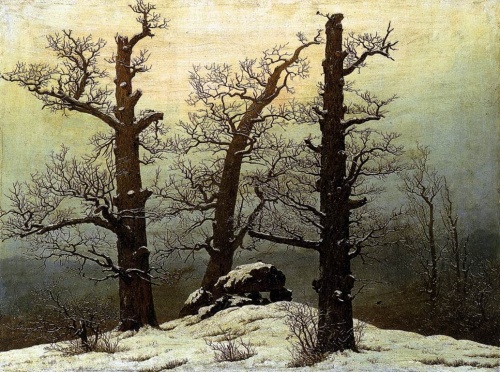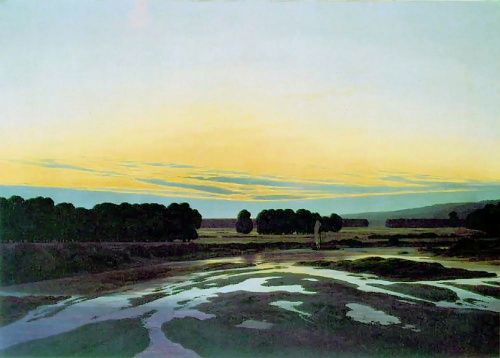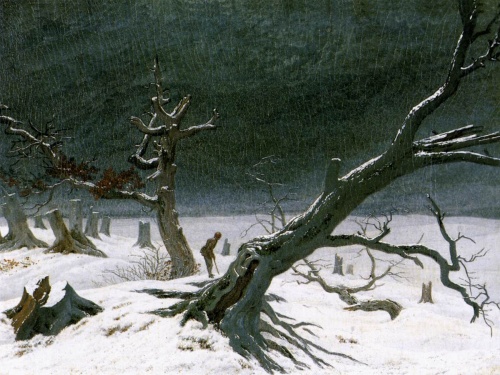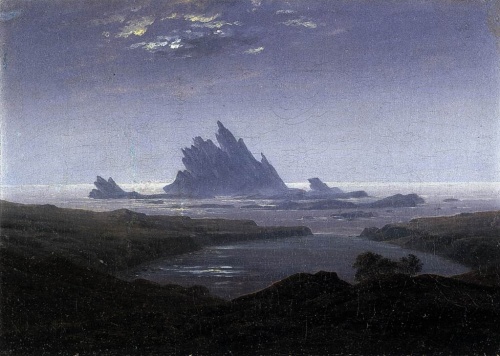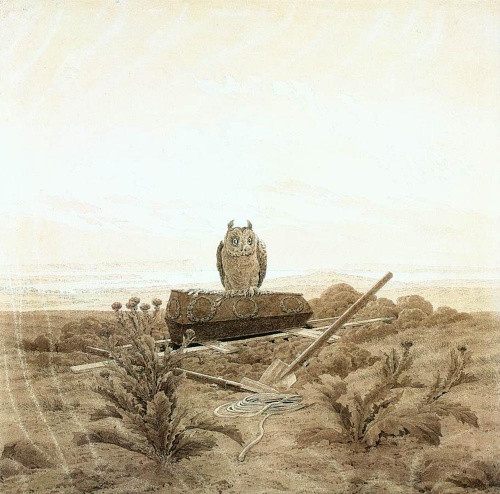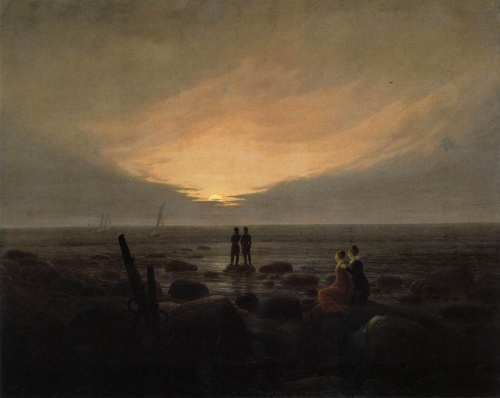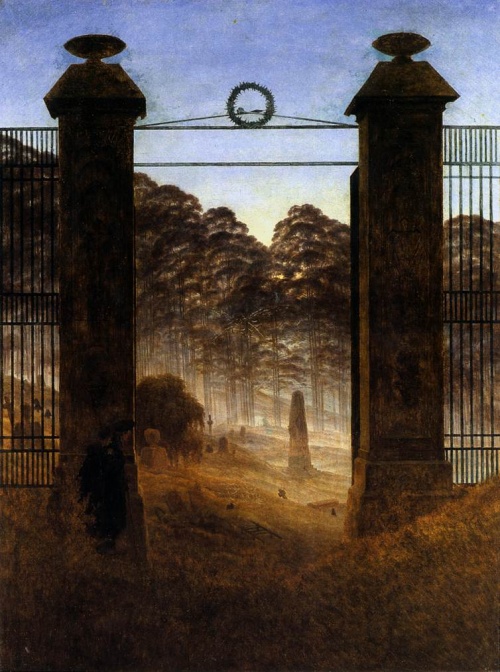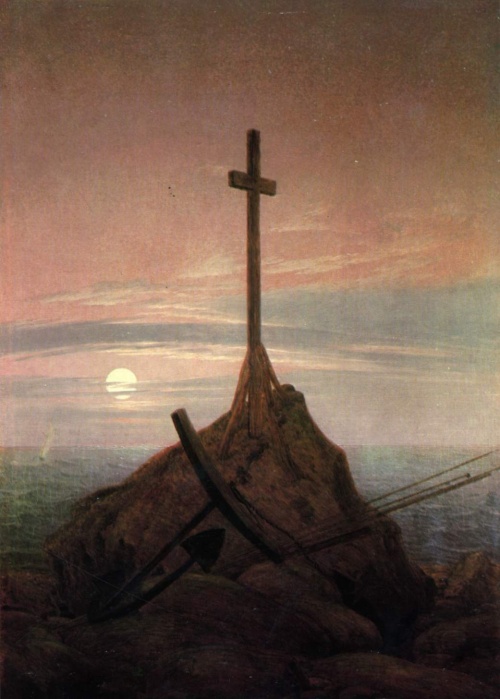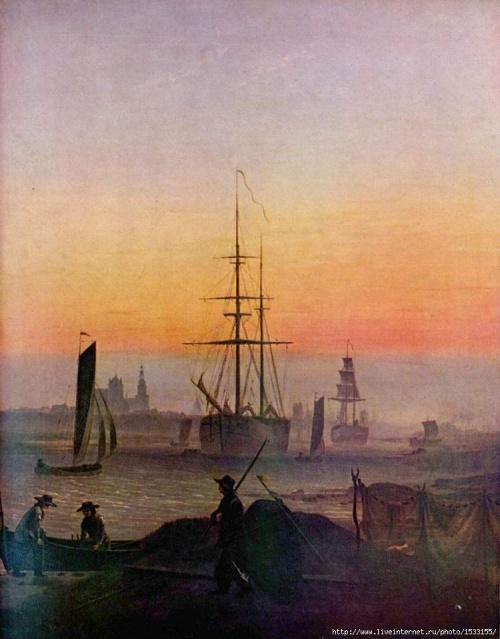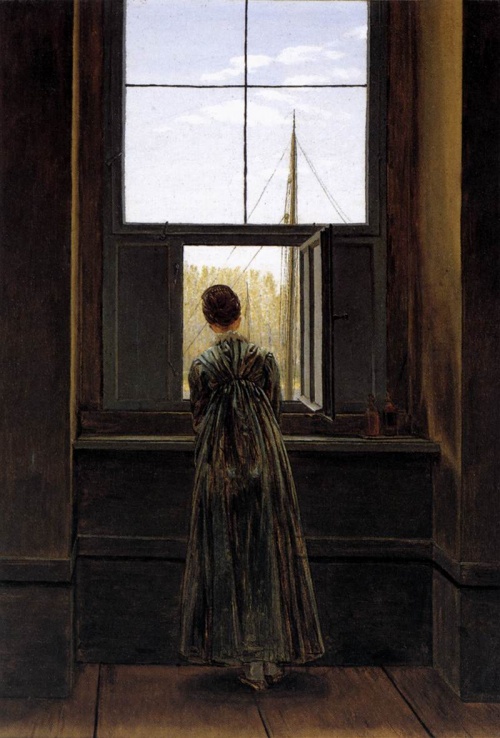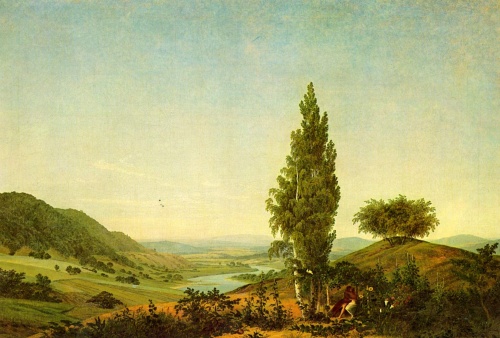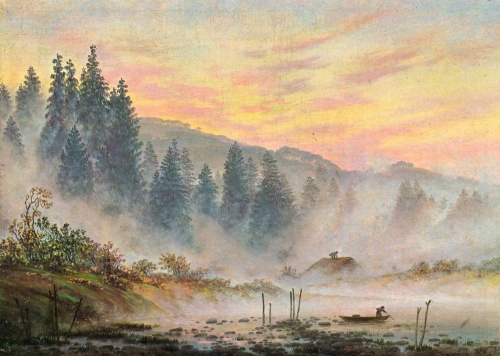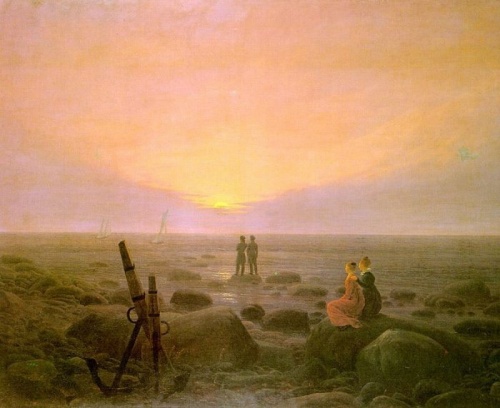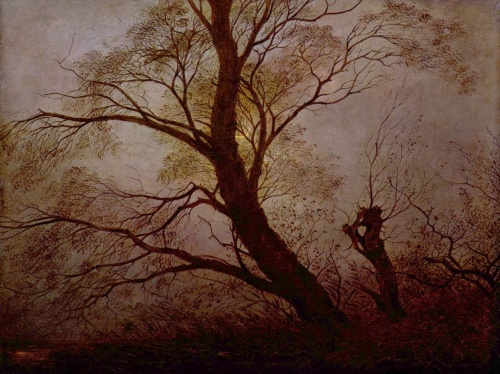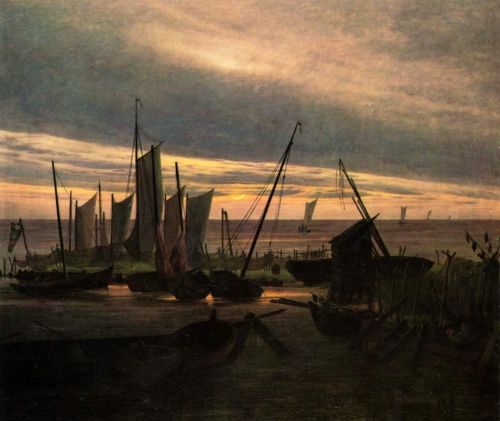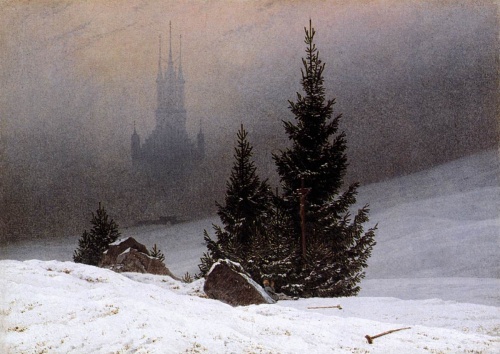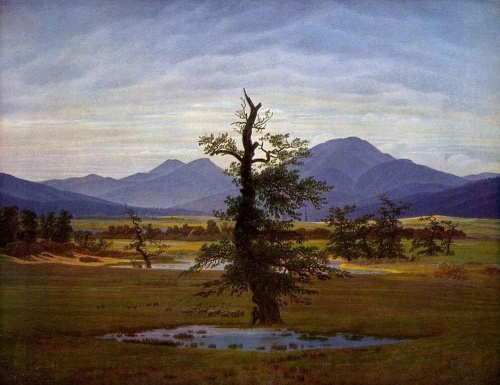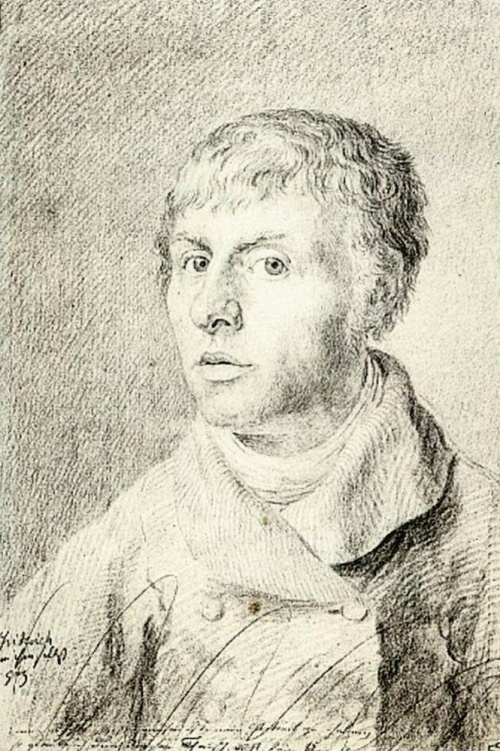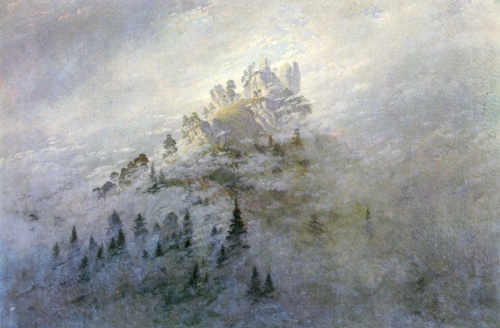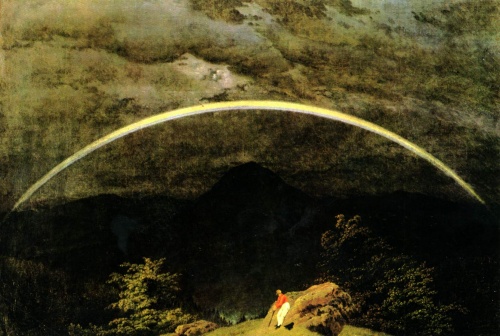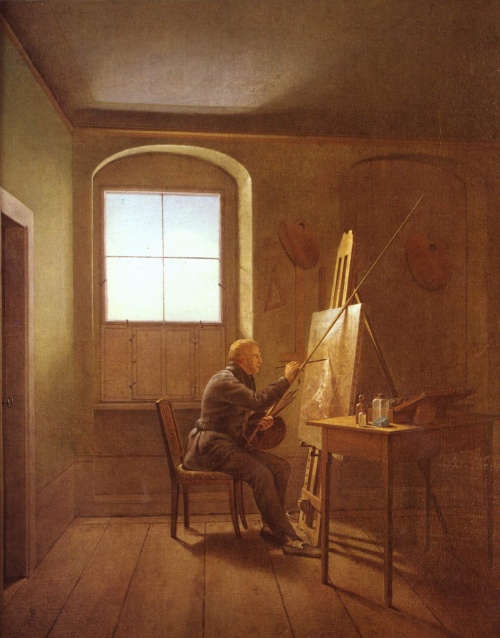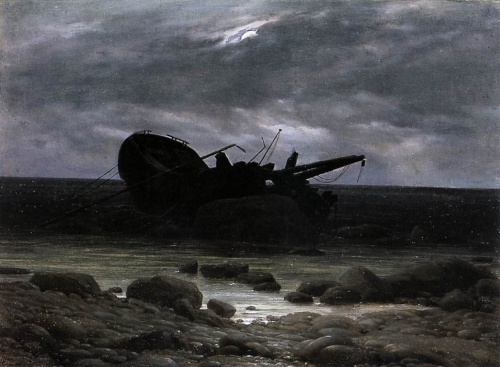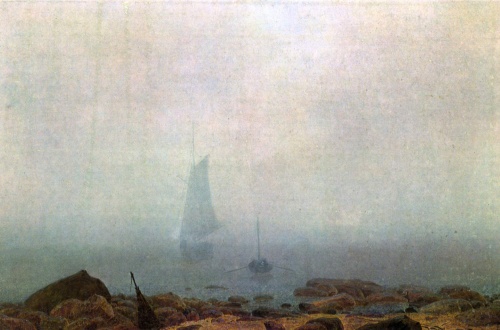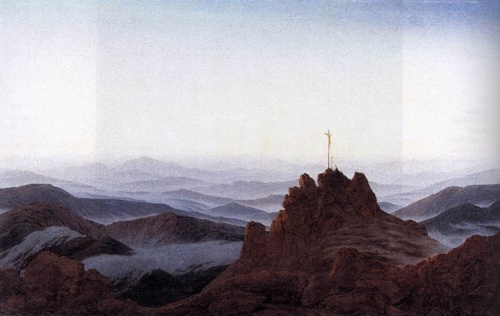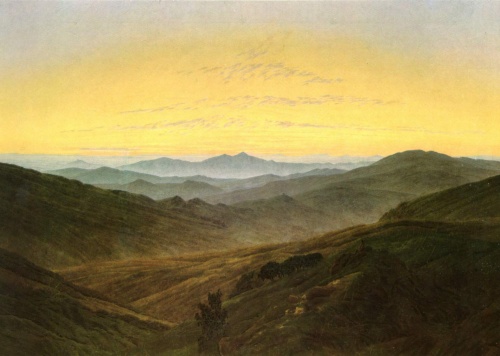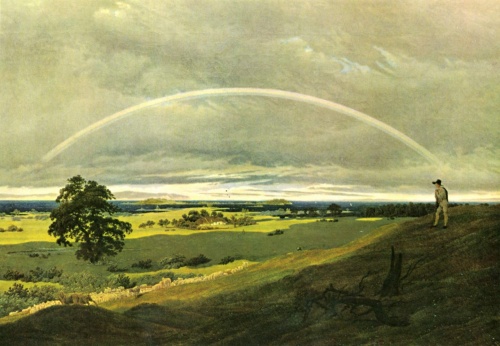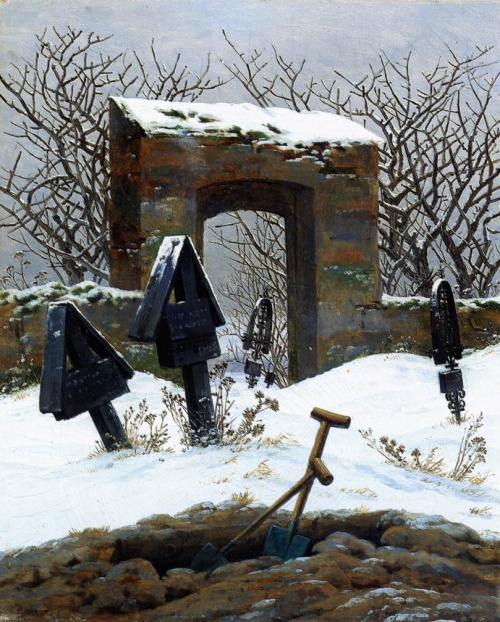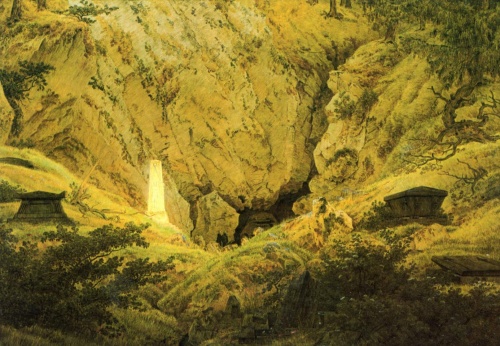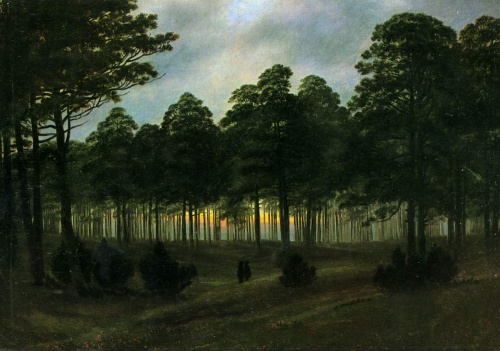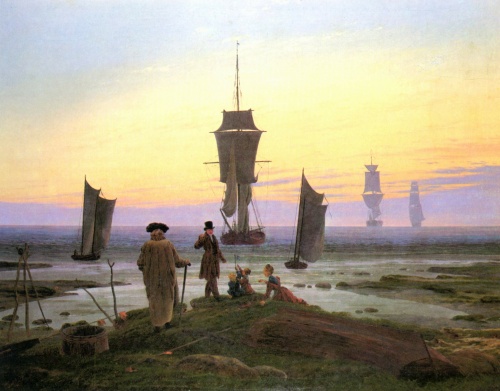Friedrich Caspar David "Caspar David Friedrich" (75 works)
Разрешение картинок от 800x600px до 3000x2326px
Friedrich Caspar David (1774-1840), German painter. In 1794-1798 he studied at the Copenhagen Academy of Arts, then worked in Dresden. The largest landscape painter of early German romanticism, Friedrich, as a rule, depicted the forested mountains of Bavaria or the deserted coast of Pomerania with human figures, as if lost among nature. Subordinating landscape motifs to the effects of scattered, mysterious flickering or enchantingly flashing lighting (more often lunar than solar), he embodied elemental power, the formidable and almost mystical infinity of the universe, the subtle consonance of the forces of nature with the movements of the human soul, the feeling of a breakthrough into the unknown. Friedrich’s landscapes are distinguished by their strict precision of design, clarity of spatial plans, and rich play of chiaroscuro (“Landscape with a Rainbow,” 1809, Weimar; “Two Contemplating the Moon,” 1819, Picture Gallery, Dresden). Vague inner anxiety sometimes develops in his paintings into a mood of aching melancholy, into a bitter awareness of the frailty of everything earthly (“Mass in a Gothic Ruin”, 1819, National Gallery, Berlin; “Death of “Hope” in the Ice”, 1822, Kunsthalle, Hamburg).
